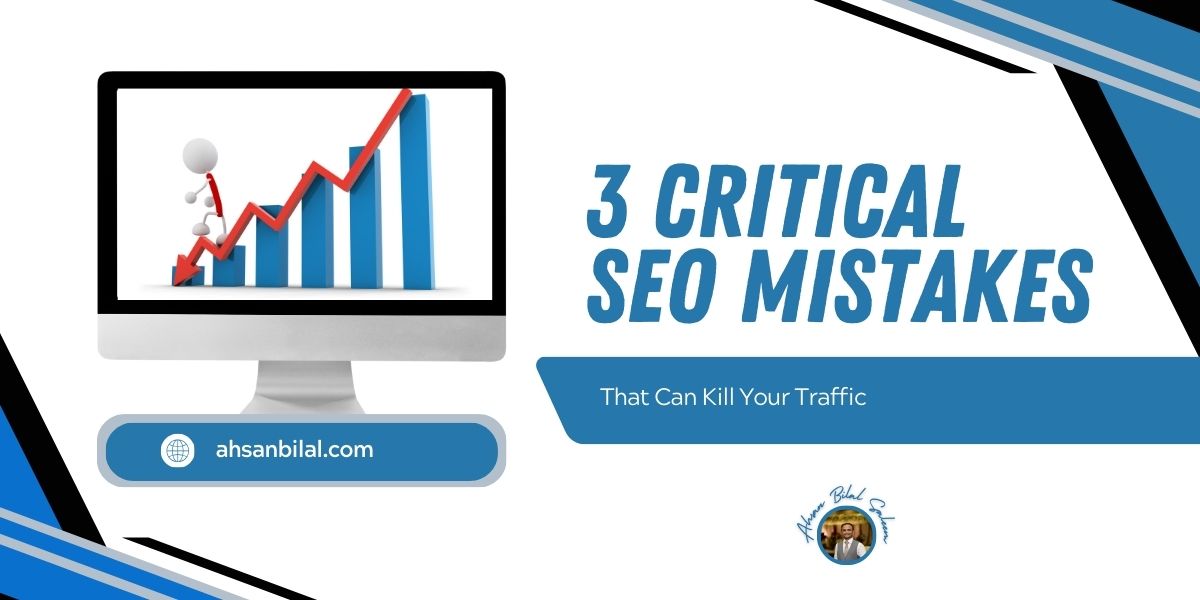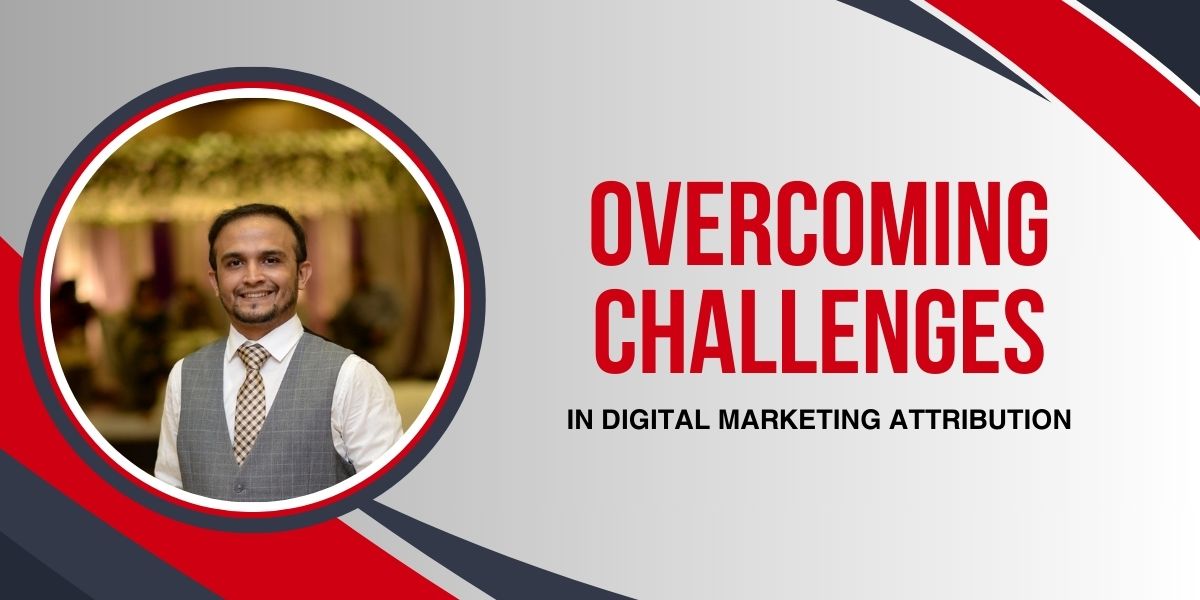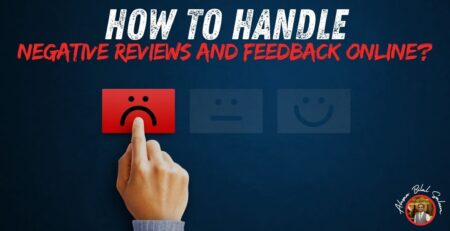3 Critical SEO Mistakes That Can Kill Your Traffic
In the fast-paced world of digital marketing, search engine optimization (SEO) is a critical component of driving traffic to your website. However, even seasoned marketers can fall prey to common SEO mistakes that can severely damage their search engine rankings and reduce traffic. In this article, we will discuss three critical SEO mistakes that can kill your traffic and how to avoid them.
1. Ignoring Mobile Optimization
Why It Matters
With over half of all web traffic now coming from mobile devices, ignoring mobile optimization can be detrimental to your SEO efforts. Google’s versatile first ordering implies that the portable variant of your site is viewed as the essential rendition for the purpose of positioning. In the event that your site isn’t dynamic, you risk losing a critical part of expected guests.
The Consequences
- Poor User Experience: Users who have difficulty navigating your site on mobile devices are likely to leave quickly, increasing your bounce rate and decreasing your dwell time, both of which negatively impact your SEO.
- Lower Rankings: Google prioritizes mobile-friendly sites in its search results. If your site isn’t optimized for mobile, you could see a drop in rankings.
- Lost Traffic: With lower rankings and poor user experience, you’ll inevitably see a decline in organic traffic.
How To Avoid It
- Responsive Design: Ensure your website uses a responsive design that automatically adjusts to fit any screen size.
- Mobile Testing: Regularly test your site on various mobile devices and browsers to ensure it functions correctly.
- Improve Load Times: Optimize images, use browser caching, and minimize redirects to improve mobile load times.
2. Neglecting Technical SEO
Why It Matters
Technical SEO includes advancing your webpage’s framework so that web search tools can slither and file it actually. Neglecting technical SEO can result in indexing issues, broken links, and slow page speeds, all of which harm your search engine rankings.
The Consequences
- Crawling Issues: If search engines can’t crawl your site effectively, your content won’t be indexed properly, leading to lower visibility in search results.
- Slow Load Times: A slow website frustrates users and leads to higher bounce rates. Page speed is a ranking factor, so a slow site can hurt your rankings.
- Broken Links: Broken links create a poor user experience and can lead to indexing issues, further impacting your SEO negatively.
How To Avoid It
- Regular Audits: Conduct regular technical SEO audits to identify and fix issues such as broken links, crawl errors, and duplicate content.
- Optimize Speed: Use tools like Google PageSpeed Insights to identify areas for improvement in your site’s load times.
- Sitemap and Robots.txt: Ensure your XML sitemap is up to date and that your robots.txt file is correctly configured to guide search engines.
3. Overlooking Content Quality
Why It Matters
Content is the backbone of SEO. High-quality, relevant, and valuable content attracts and retains users, encourages backlinks, and improves your rankings. Overlooking content quality can lead to poor engagement and decreased traffic.
The Consequences
- Lower Engagement: Poor-quality content doesn’t engage users, leading to higher bounce rates and lower dwell times.
- Fewer Backlinks: Valuable content naturally attracts backlinks, which are crucial for SEO. Poor content doesn’t get shared or linked to.
- Reduced Authority: Consistently producing low-quality content can damage your site’s authority and reputation, making it harder to rank for competitive keywords.
How To Avoid It
- Focus on Value: Create content that addresses the needs and interests of your audience. Use keyword research to distinguish pertinent subjects.
- Maintain Quality: Invest in professional writing and editing to ensure your content is well-written, accurate, and engaging.
- Update Regularly: Keep your content up to date to maintain its relevance and accuracy. Regularly updating old content can also give it a new lease on life and improve its search rankings.
Conclusion
Avoiding these critical SEO mistakes is essential for maintaining and growing your organic traffic. By prioritizing mobile optimization, focusing on technical SEO, and ensuring high-quality content, you can improve your site’s performance, enhance user experience, and achieve better search engine rankings. Stay vigilant and proactive in your SEO efforts to keep your traffic thriving.










